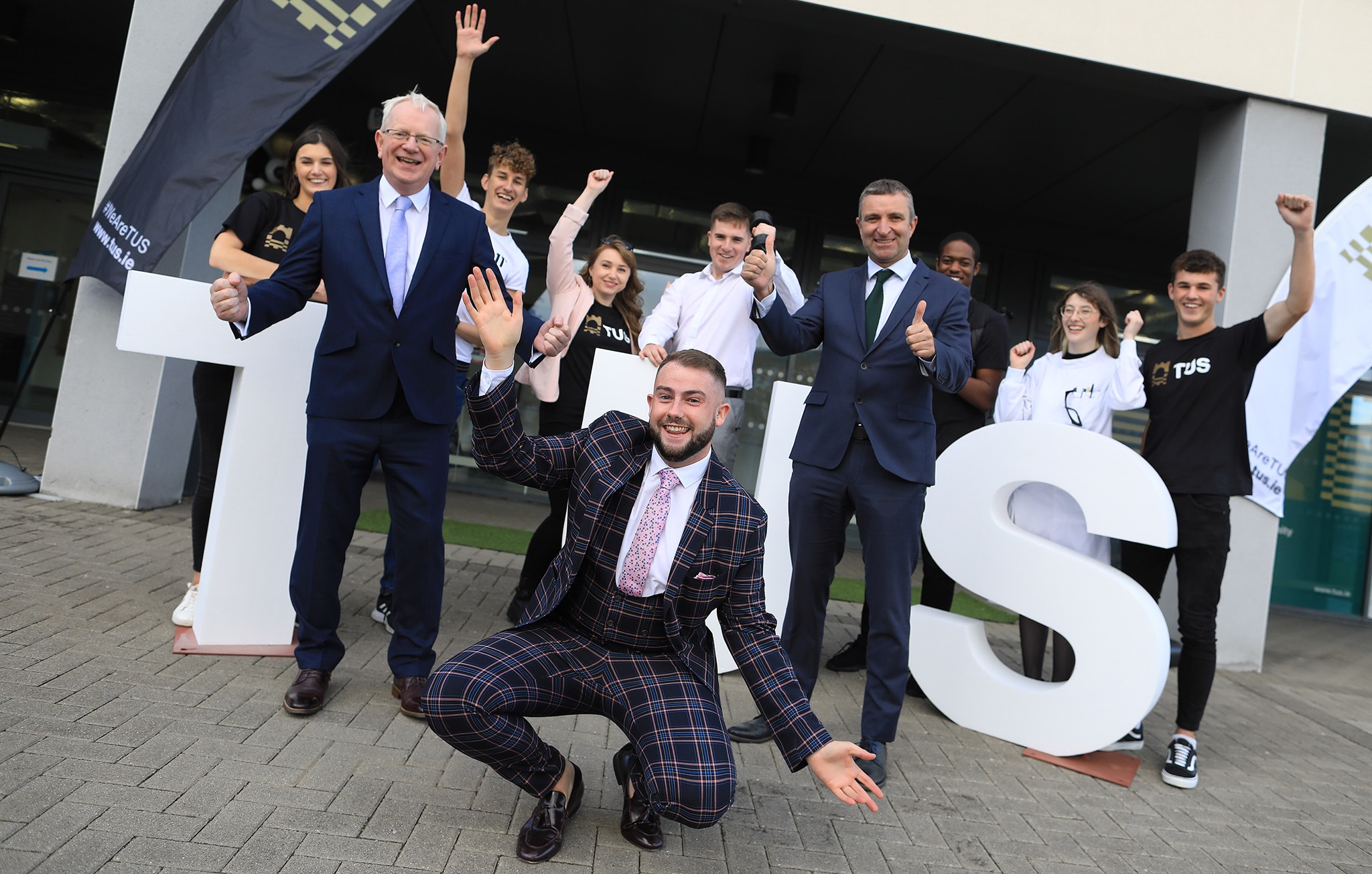
To gain a deeper understanding of branding, consider your emerging identity – your adolescent brand.
You may not have realised it when you were younger, but we all had a brand!
Back then, your brand was developed by pushing your personal boundaries of fashion and music, ethics, morality, and friendships, as well as objectives and ambitions for the future.
Thinking about your youthful brand is important because it allows you to merge the numerous pieces that came together to form your identity – the image you had of yourself, and the image others had of you. It’s a riddle — and it’s crucial.
People create opinions of one another. It’s difficult to avoid it. As a result, people developed opinions about me. To those folks, those perceptions were my brand.
The way I interacted with them, the clothing I wore, the music I listened to, my principles and opinions, as well as what they expected of me, all became part of my brand.
Some people knew me well, while others didn’t, yet my brand was built by first impressions.
Others would create my brand for me, if I didn’t invest in clothes, music, and culture. And in today’s environment, social media, blogs, and online presence are just as much part of defining an adolescent brand.
My adolescent brand was more about face-to-face encounters, behaviours, ethos, attitude, outlook, what I did or didn’t do, and my values. These fundamentals are vital to the development of a brand.
At different times, different people perceived me in different ways.
As a result, for various people, I needed to have a distinct brand perspective. There would have been many similarities, but there would have been some differences as well.
Parents, for example, might have seen me differently from my friends in several respects. For instance, if I talked to my Mum in the same tone of voice as I talked to my friends, there would have been a serious communication breakdown!
It’s exciting to imagine how your brand will touch so many different sorts of individuals. It isn’t about deception or claiming to be someone else to please people or to fit in. That doesn’t go as planned.
No one is able to deceive a huge group of people for very long. When it comes to your brand, it’s all about being yourself.
Growing up is a lot like piecing together your business or organisation’s identity jigsaw, but from a different, more mature perspective, and just as when I was younger, the best way to get to the truth is to ask the most basic questions.
Who are you?
Neill
Neill MacCann is a senior graphic designer with Fuzion Communications who provide a full suite of print and digital graphic design services from offices in Dublin and Cork, Ireland.







